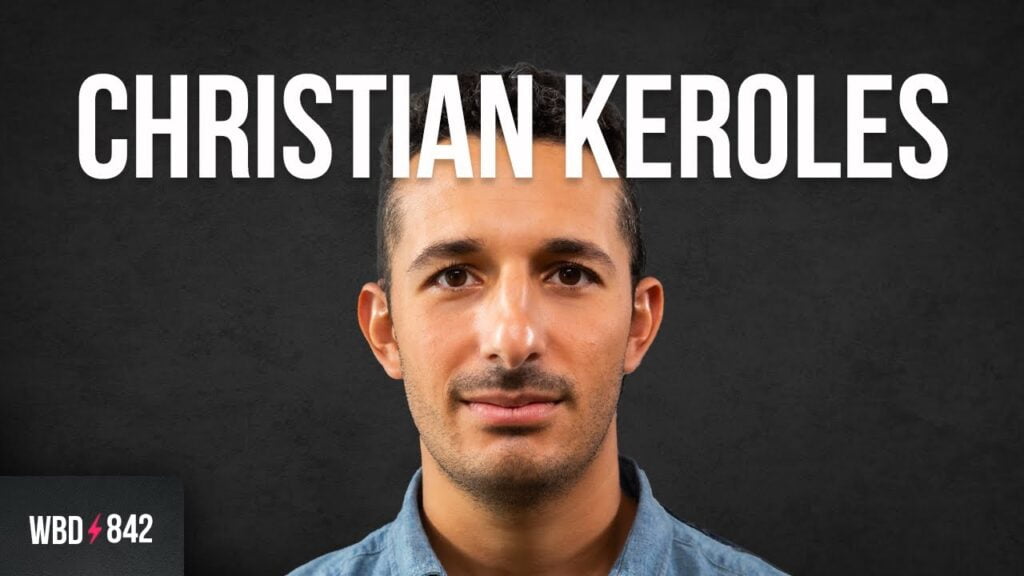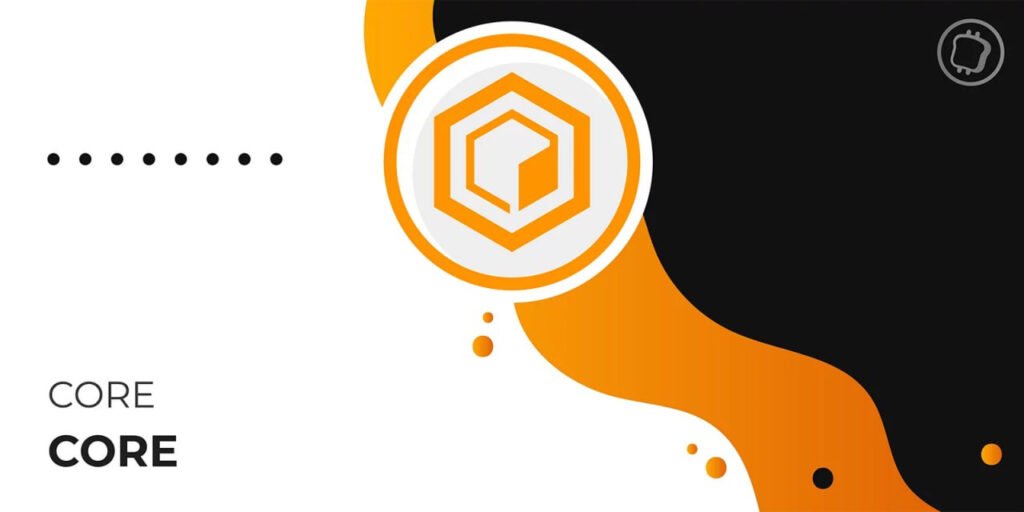Podcast Summary
In this episode discusses the importance of self-custody and cold storage for Bitcoin. He provides insights into the different types of cold storage wallets available, addresses security concerns with Ledger, and shares his personal journey with Bitcoin.
Key Takeaways
- Understanding Self-Custody and Cold Storage: NVK emphasizes the need for individuals to take control of their Bitcoin and not rely on third parties or exchanges, which could be compromised.
- Choosing Cold Storage Wallets: NVK advises users to learn how to use Bitcoin by starting with a software wallet on their phone before moving on to hardware wallets.
- Security Concerns with Ledger: NVK explains that while no system is infallible, there are ways to enhance security, such as using a passphrase to extend the secret.
- Cold Storage vs Trusting Exchanges: NVK argues that trusting exchanges with Bitcoin is risky due to potential hacks and government interference. He advocates for self-custody as the safest method for storing Bitcoin.
- The History and Future of Cold Storage Wallets: NVK shares the history of cold storage wallets and his thoughts on their future. He believes that while the current form of these devices is not final, they will continue to evolve to become more secure and user-friendly.
- NVK’s Personal Journey and Views on Bitcoin: NVK shares his personal journey with Bitcoin, from discovering the white paper to building Bitcoin security hardware. He emphasizes that Bitcoin is still in its early stages and encourages users to educate themselves and take self-custody of their Bitcoin.
Sentiment Analysis
- Bullish: NVK is bullish on Bitcoin and the concept of self-custody. He believes in the importance of individuals taking control of their Bitcoin and not relying on third parties or exchanges. He also sees a bright future for cold storage wallets as they continue to evolve.
- Bearish: There is no bearish sentiment expressed in the podcast.
- Neutral: NVK provides a balanced view on the use of cold storage wallets and exchanges. He acknowledges the risks associated with both but ultimately advocates for self-custody as the safest method for storing Bitcoin.













